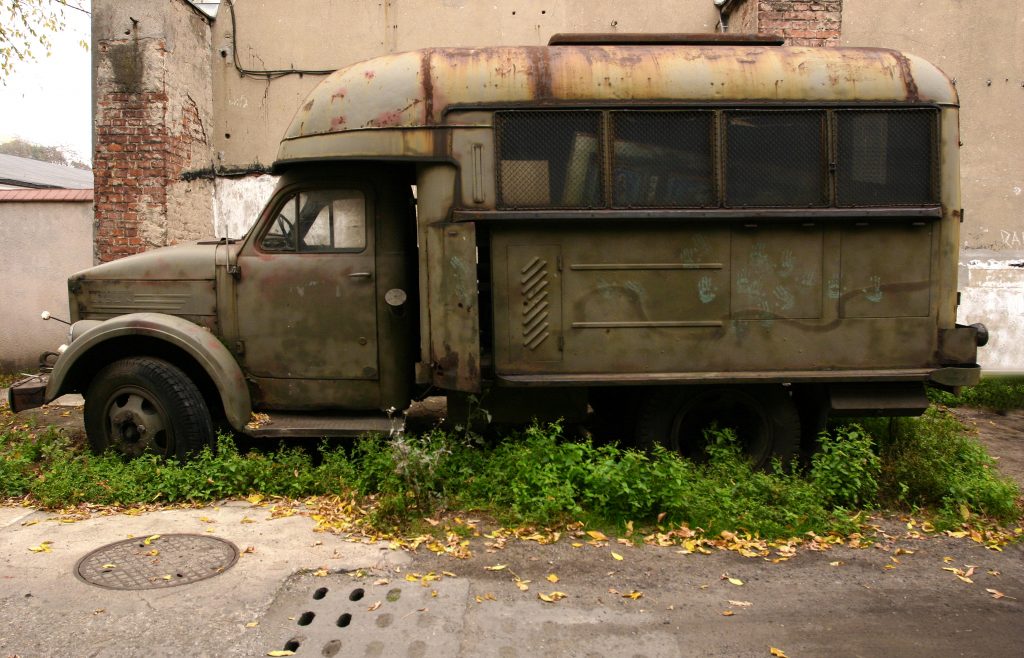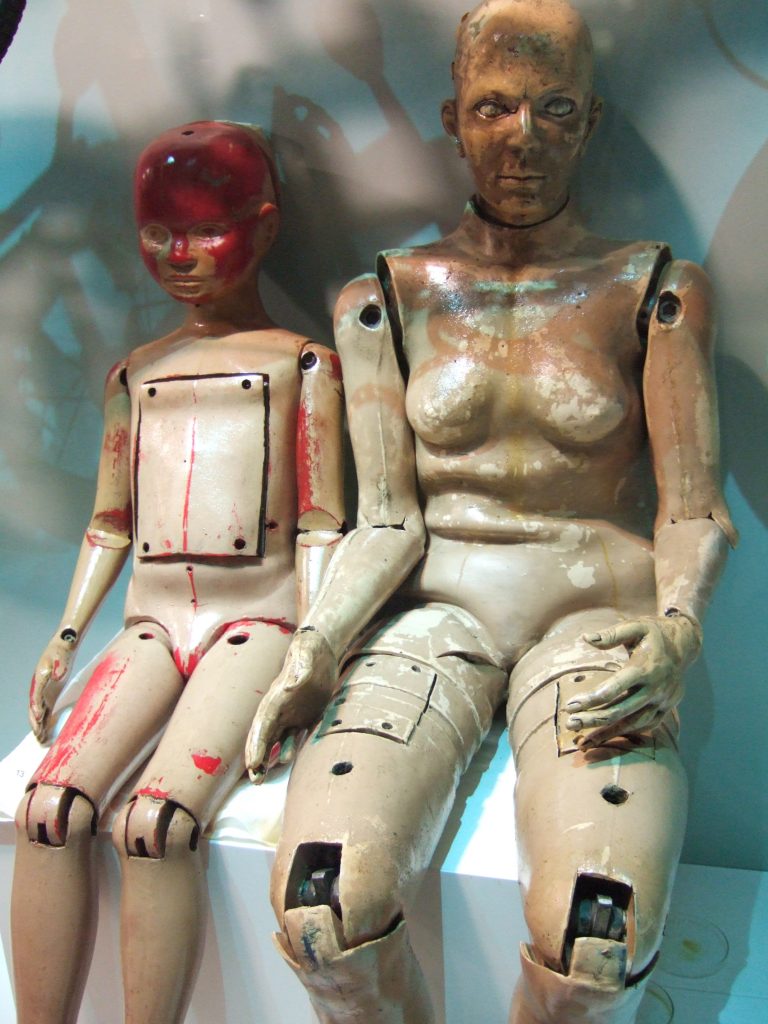 Imagine growing up with a genetic disorder and having to struggle with the difficulties that these disorders bring to people and their loved ones. Nobody chooses to have a genetic disorder, and if severe enough the disorder can cause major setbacks in a person’s life. Even with protections in place like genetic non-discrimination laws, many people throughout the country are denied health care coverage by their insurance providers because they have genetic disorders. Insurance companies do not want to provide coverage to these people because they are more of a “risk.” This can be very frustrating for the individual, especially because health care is so expensive today.
Imagine growing up with a genetic disorder and having to struggle with the difficulties that these disorders bring to people and their loved ones. Nobody chooses to have a genetic disorder, and if severe enough the disorder can cause major setbacks in a person’s life. Even with protections in place like genetic non-discrimination laws, many people throughout the country are denied health care coverage by their insurance providers because they have genetic disorders. Insurance companies do not want to provide coverage to these people because they are more of a “risk.” This can be very frustrating for the individual, especially because health care is so expensive today.
In New Orleans, Louisiana, Jane Doe (“Ms. Doe”) grew up as a dependent on her father’s Blue Cross insurance policy. At the age of eight, Ms. Doe went to her doctor and her doctor noticed that she had some of the physical characteristics of Marfan syndrome. Marfan syndrome is a genetic disorder of the connective tissue. It can have drastic affects on multiple systems in the body including the skeletal, cardiovascular, nervous, and respiratory systems. The doctor submitted claims to Blue Cross with the International Statistical Classification of Disease (“ICD”)-9 code of 759.82 (diagnostic code for Marfan syndrome), and from 1993 to the late 90s different doctors who treated Ms. Doe submitted claims to Blue Cross with the same diagnostic code. Blue Cross stated that the only information they received from the various physicians was the ICD-9 code 759.82. Blue Cross did not receive any other medical information surrounding Ms. Doe’s claims, so it was difficult for them to determine how exactly the physicians came to their medical conclusions. In November 1994 Ms. Doe was tested for Marfan syndrome, but the results were inconclusive. Ms. Doe was never diagnosed with Marfan syndrome, and she was only monitored for the disease because of the symptoms she already displayed.
Around the age of 23, Ms. Doe left her father’s insurance plan and applied for her own coverage with Blue Cross. Ms. Doe was required to take a medical questionnaire as a part of her application, and the questionnaire did not have any questions relating to genetic information. When Blue Cross reviewed Ms. Doe’s application the underwriting department reviewed her prior claims while insured under her father’s policy. Because there were multiple Marfan syndrome claims, Blue Cross denied Ms. Doe her health coverage.
 Louisiana Personal Injury Lawyer Blog
Louisiana Personal Injury Lawyer Blog


 Courts are not perfect, and sometimes they do not always render the correct decision. When a court makes an error in their judgment it can be very frustrating for all of the parties involved. Error can be very costly especially when a major issue, like finding coverage for a victim of an automobile accident under an umbrella insurance policy, needs to be determined. Both the plaintiff and defendant wants the court to look in their favor, but it is also the responsibility of the court to make an error free and accurate decision that is fair and just to both sides.
Courts are not perfect, and sometimes they do not always render the correct decision. When a court makes an error in their judgment it can be very frustrating for all of the parties involved. Error can be very costly especially when a major issue, like finding coverage for a victim of an automobile accident under an umbrella insurance policy, needs to be determined. Both the plaintiff and defendant wants the court to look in their favor, but it is also the responsibility of the court to make an error free and accurate decision that is fair and just to both sides.  Has your business sought to avoid litigation over its insured business activities by negotiating an out of court settlement? Louisiana business Meyers Warehouse, Inc. (“Meyers) pursued this route assuming its insurer, Canal Indemnity Company (“Canal”), would join Meyers in settlement negotiations. However, to its surprise, Canal refused to participate in Meyers’s defense. Unfortunately for Meyers, it misinterpreted key terms within its insurance policy specifying when Canal’s duty to defend it against claims and lawsuits arises.
Has your business sought to avoid litigation over its insured business activities by negotiating an out of court settlement? Louisiana business Meyers Warehouse, Inc. (“Meyers) pursued this route assuming its insurer, Canal Indemnity Company (“Canal”), would join Meyers in settlement negotiations. However, to its surprise, Canal refused to participate in Meyers’s defense. Unfortunately for Meyers, it misinterpreted key terms within its insurance policy specifying when Canal’s duty to defend it against claims and lawsuits arises.

 Car accidents are among the most common reasons for a lawsuit. An average car accident is often difficult to conclude which party is at fault. Issues are further complicated if insurance claims are involved. Who is truly at fault for the accident if a vehicle malfunctioned? A trial becomes increasingly complex if a Plaintiff claims that a company is at fault for his injuries. Specific elements are required for a successful trial.
Car accidents are among the most common reasons for a lawsuit. An average car accident is often difficult to conclude which party is at fault. Issues are further complicated if insurance claims are involved. Who is truly at fault for the accident if a vehicle malfunctioned? A trial becomes increasingly complex if a Plaintiff claims that a company is at fault for his injuries. Specific elements are required for a successful trial.  Accidents occur in daily life. Often, severe injuries result. However, prison accidents rarely are discussed. Prisoners who are victims of accidents while serving time are often provided with the same legal protections as an average person.
Accidents occur in daily life. Often, severe injuries result. However, prison accidents rarely are discussed. Prisoners who are victims of accidents while serving time are often provided with the same legal protections as an average person.  What happens if the trial court makes a mistake? The case can work its way through the court of appeals and even the state supreme court just to be sent back to trial court to begin again. This case involves a lawsuit filed in Louisiana court by a transportation company (“Star”) against another corporation (“Pilot”). Star is a national trucking company and Pilot owns a collection of truck stops that supply fuel to Star.
What happens if the trial court makes a mistake? The case can work its way through the court of appeals and even the state supreme court just to be sent back to trial court to begin again. This case involves a lawsuit filed in Louisiana court by a transportation company (“Star”) against another corporation (“Pilot”). Star is a national trucking company and Pilot owns a collection of truck stops that supply fuel to Star. Not just any court can hear any case. Depending on certain factors, your local court may not be the right choice to bring your matter. A New Orleans attorney found this out the hard way in a recently decided case.
Not just any court can hear any case. Depending on certain factors, your local court may not be the right choice to bring your matter. A New Orleans attorney found this out the hard way in a recently decided case.